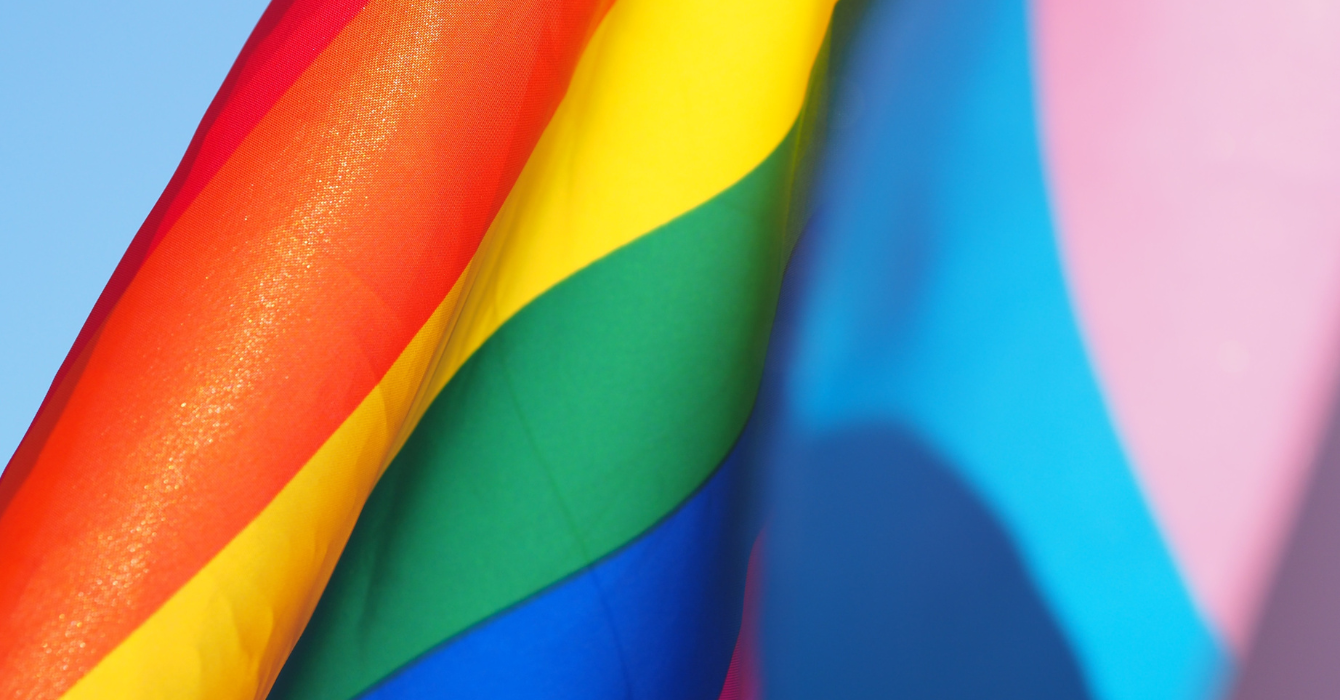
NCEL Blog
What Pride Means to NCEL
June 1, 2023
Overview
In honor of Pride Month, NCEL is reflecting on what Pride means to us and its impact on a healthy environment. Below are thoughts from NCEL staff on what Pride means to them and the importance of making an inclusive environmental movement.
Pride Within the Environmental Movement
Climate change and environmental degradation impact the health and safety of all our communities. However, some communities are more vulnerable to these impacts due to their race, class, gender, and sexuality.
Social vulnerability is the main reason why the LGBTQIA+ community is often more exposed to many environmental hazards. Stigma, violence, and oppression prevent access to basic resources and physical infrastructure, which can make people more at risk for the impacts of climate disasters, extreme heat, and other negative environmental impacts.
Inequities faced by LGBTQIA+ community members are commonly a result of discriminatory federal and state policies in the housing, employment, and health sectors. Intentional marginalization of this sort results in less protection and, subsequently, higher exposure to environmental risks. Members of the LGBTQIA+ community are 120% more likely to be without stable housing and are more commonly affected by chronic diseases associated with environmental exposure than cisgender, heterosexual populations.
Ensuring a healthy environment for all means protecting the rights, health, and safety of all in the LGBTQIA+ community.
What Pride Means to NCEL
Pride is much more than celebrating the LGBTQIA+ community. Pride inspires our communities to reflect on what it means to live with pride, to have empathy for the struggles of others, and to defend the dignity and rights of everyone.
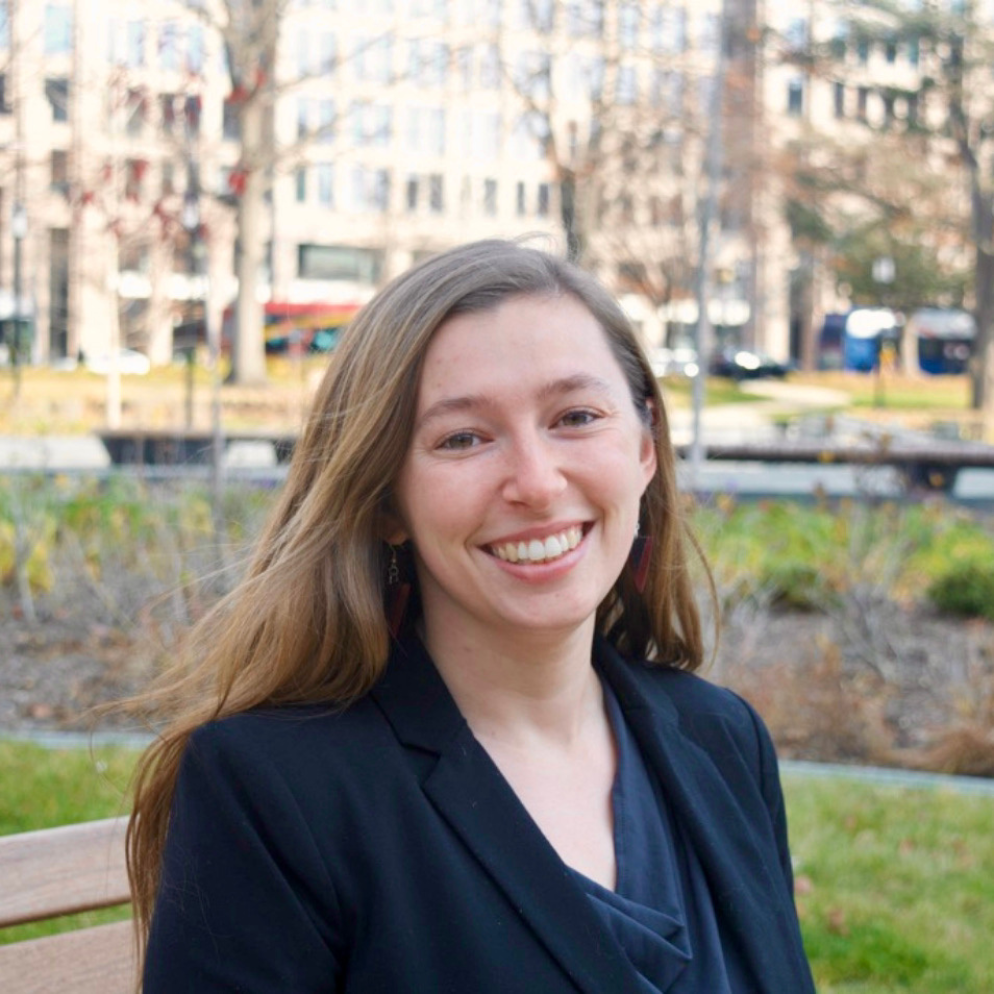
Kate Burgess, Conservation Program Manager
“In my work in the environmental policy space, I draw from queer theory and ecology perspectives. To me, this means challenging the notion that nature and people are separate and binary, which has historically led to human-centered and exploitative activities.”
Full Q&A
What does Pride mean to you?
In light of recent anti-gay legislation across the U.S., Pride, to me, simply means being safe in the community in which you naturally exist. While I would love to celebrate Pride loudly and boldly, many states are not creating a secure environment for us to do so. I benefit from many of my identities: being a white, educated, cisgender woman without a disability. I have an extensive degree of privilege. While queer is one of my identities – and it is an important one – it is not lost on me that these legislative attacks more readily impact folx who embody identities that have been historically and systematically marginalized. I will continue to fight for liberation for members of my community who do not have the freedom to exist as their authentic, beautiful selves.
How does Pride inform your work in the environmental policy space?
In my work in the environmental policy space, I draw from queer theory and ecology perspectives. To me, this means challenging the notion that nature and people are separate and binary, which has historically led to human-centered and exploitative activities. Seeing nature and humans as interconnected allows me to support legislators in advancing policies that create safety for all species.
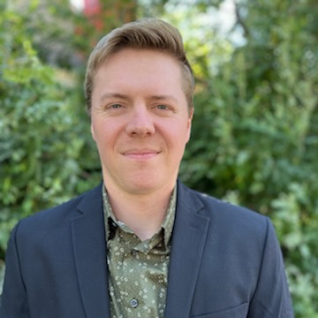
Logan Christian, Wildlife and Habitat Coordinator
“Pride is all about celebrating our LGBTQIA+ friends, family, and community members. Growing up in a state where many people didn’t accept this community, I felt that it was especially important to show my allyship even though I don’t identify as a member.”
Full Q&A
What does Pride mean to you?
Pride is all about celebrating our LGBTQIA+ friends, family, and community members. Growing up in a state where many people didn’t accept this community, I felt that it was especially important to show my allyship even though I don’t identify as a member. At minimum, I do my best to take part in Pride festivities in my state each year, which is pretty easy given how much fun these festivities are!
How does Pride inform your work in the environmental policy space?
During my undergraduate degree, I had the benefit of working alongside many LGBTQIA+ community members who were an active part of my campus’ student environmental organization. This meant learning about intersectionality and the ways environmental work overlaps with other equity and justice issues. I feel lucky to have many friends and family that are in both communities and see environmental work as an interconnected facet of social justice issues, and vice versa.
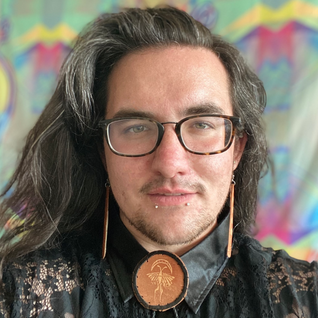
Grant Gliniecki, Outdoor Policy Coordinator
“Pride is a celebration of survival and resilience. I celebrate how queer ways of being and ways of loving, especially Indigenous Two-Spirit identities, flourish and enrich our world. I celebrate our responsibility to remember and value queer ways of being and loving. I celebrate my own survival and resilience, and the shoulders I stand on that make being out and proud as a queer transgender person possible.”
Full Q&A
What does Pride mean to you?
Pride is a celebration of survival and resilience. I celebrate how queer ways of being and ways of loving, especially Indigenous Two-Spirit identities, flourish and enrich our world. I celebrate our responsibility to remember and value queer ways of being and loving. I celebrate my own survival and resilience, and the shoulders I stand on that make being out and proud as a queer transgender person possible. From Ozaawindib, an 1800’s Ojibwe transgender woman recognized by the U.S. government as Chief, to Marsha P. Johnson, Rebecca Nagle, Representative Susan Allen, and more than I could possibly name, I celebrate the resilience and strength of queer joy.
How does Pride inform your work in the environmental policy space?
In 2012, Representative Susan Allen of Minnesota was the first openly Two-Spirit woman ever elected to a state legislature. She became my hero overnight when she said, “I don’t want to be assimilated and that comes both as a Native American and a two-spirit person and then as LGBTQ, […] I resist the motivation that I can somehow only be accepted if I’m part of the mainstream, if I assimilate.”
Before she spoke up, I worried who I am would be a barrier to environmental policy work. Now we see environmental policy integrating Indigenous knowledge, leadership, and tribal sovereignty to create sustainable futures. At the same time, I see anti-transgender and queerphobic state policies that are — except for centuries-long legacies of attacking Indigenous genders and sexualities — unprecedented.
But I carry pride with me. Being Two-Spirit and queer brings inalienable knowledge, history, belonging, and joy; I “resist the motivation that I can somehow only be accepted if I’m part of the mainstream, if I assimilate.”
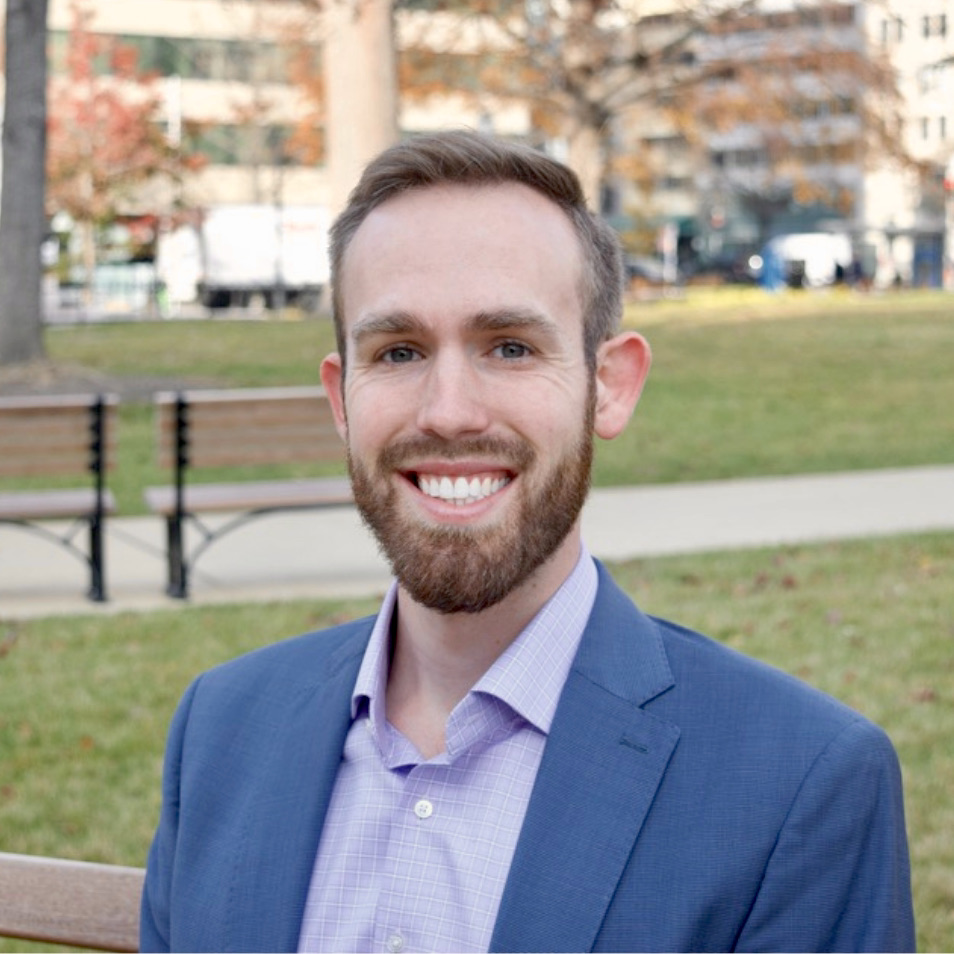
Dylan McDowell, Executive Director
“Pride encourages us to consider the many ways that people connect to the environment and the different identities that are intersectional to the larger effort.”
Full Q&A
What does pride mean to you?
Pride means celebrating different identities within the LGBTQIA+ community. I was fortunate to grow up in a small town that embraced these identities through community events and acceptance that showed me what an inclusive world can look like. This established a strong foundation for me that all spaces should be welcoming for all individuals and this is something I work toward as an ally in my daily work.
How does Pride inform your work in the environmental policy space?
Pride encourages us to consider the many ways that people connect to the environment and the different identities that are intersectional to the larger effort. There is a long history of exclusion from environmental spaces and our work should strive to break down those barriers to allow every individual to find belonging in nature and be welcomed into a sustainable future.
NCEL’s Commitment to Diversity, Equity, and Inclusion (DEI)
NCEL is firmly committed to ensuring a more equitable future for the LGBTQIA+ community and all marginalized groups by weaving environmental justice and anti-racism into all of the work that we do. We know that a healthy environment for all is not possible without an intersectional approach and we are proud to work with lawmakers throughout the country who are committed to incorporating these principles into their work as well.